Popular varieties of red peonies, their planting and care rules
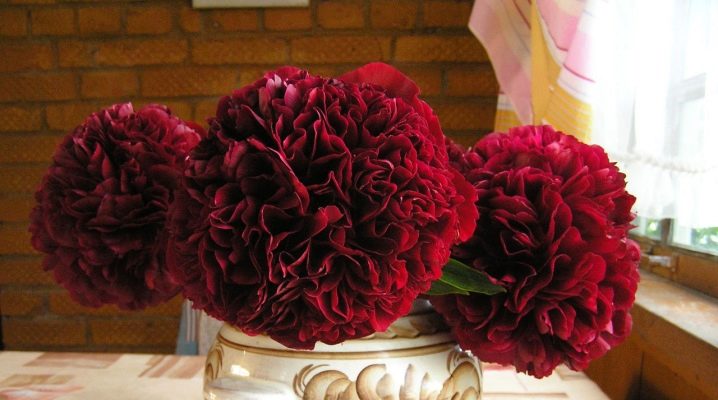
Peonies are really beautiful and fragrant flowers. They are able to decorate any flower bed or area. One of the most attractive options is red peonies. There are quite a few varieties of these colors, so it is very easy to find the one that suits you.
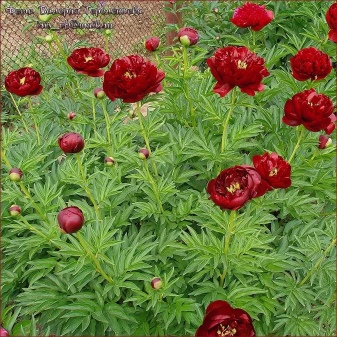
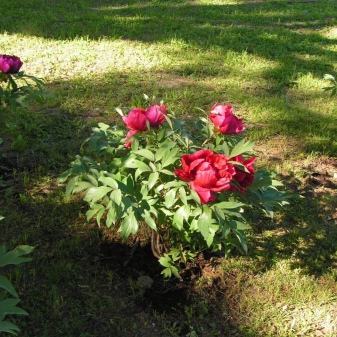
Peculiarities
Peony is a perennial herb that is distinguished not only by its beautiful flowers, but also by lush carved foliage. Today, there are up to 30 types of peonies, among which there are more than 5 thousand varieties. They are all very popular. However, among them it is necessary to note precisely the red peonies, from which it is impossible to take your eyes off during their flowering. All of them can be divided into the following groups:
- flowers up to 40 centimeters high are considered dwarf;
- plants up to 55 centimeters are called low;
- over 1 meter are tall peonies.
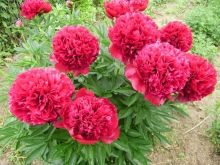
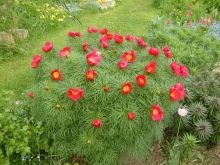

In addition, these plants are distinguished by large and dense leaves. Some of them are especially good - with a glossy sheen. They range in color from light green to dark green. In almost all species, flowers are located on long stems and grow singly. Their color scheme is quite varied. And also they can be distinguished by their doubleness: peonies can be either simple or semi-double or double.
Popular varieties
It is necessary to consider the most common and beautiful varieties, because the description for each of them is completely different.
"Red grace"
This variety of peonies is considered one of the earliest and begins to delight those around with scarlet buds already in April. Its flowers are crimson in color and resemble pompons that reach 19 centimeters in diameter. The bush grows up to 1 meter in height. In addition, it is resistant to temperature extremes.
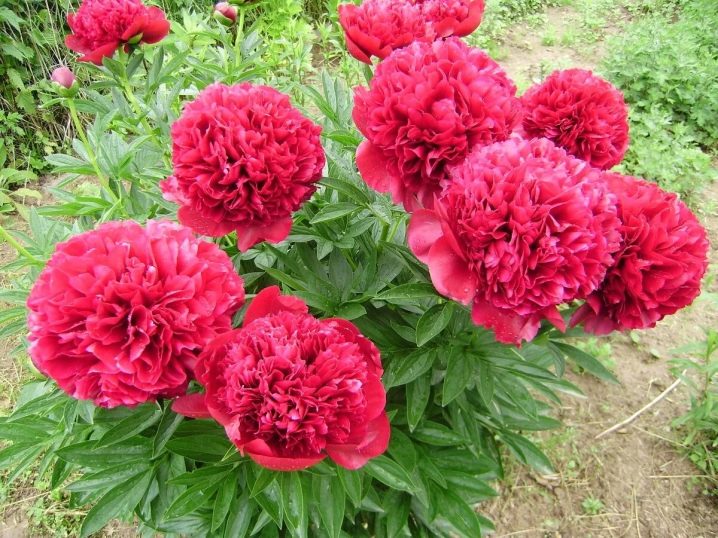
"Red Magic"
This variety of peonies really looks magical, because it is a bush that grows up to 85 centimeters high and up to 55 centimeters wide. Its flowers resemble beet-colored pom-poms, which turn dark pink as they bloom. They can be up to 20 centimeters in diameter. The openwork leaves are light green in color. Flowering begins only in the second half of June and pleases its owners for three weeks.
This variety of peonies can withstand even severe frosts.
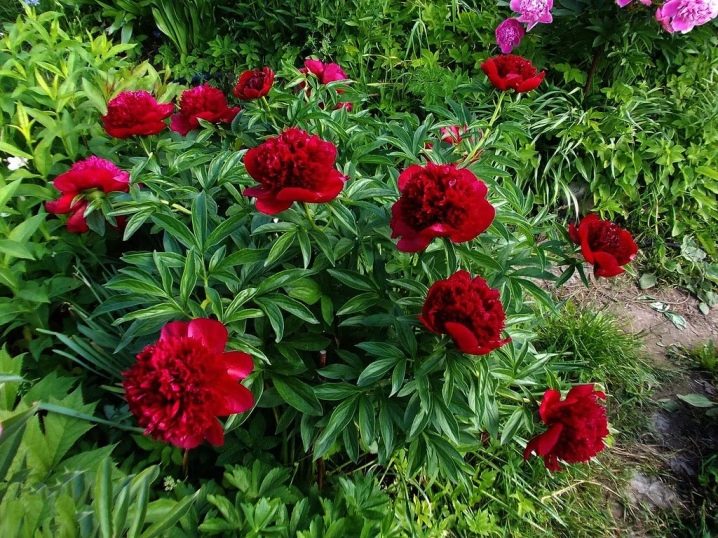
"Red Carpet"
This variety of peonies has a dark red color. Terry flowers, up to 15 centimeters in diameter, exude a very weak aroma. The height of the bush is 80 centimeters. Flowering begins in June and lasts no more than two weeks.
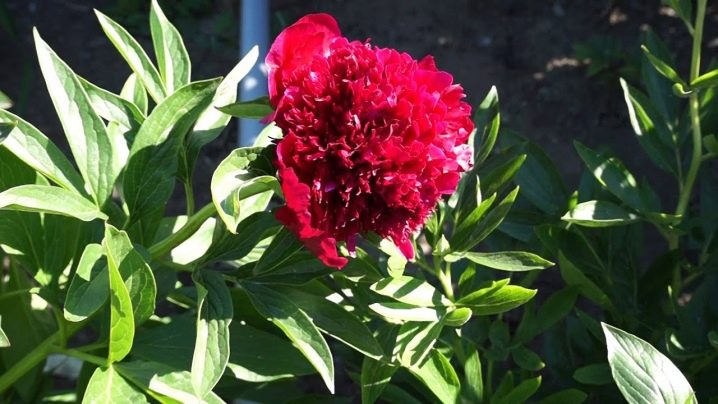
"Red charm"
This variety is distinguished by rather large double flowers with a bright scarlet color. They adhere perfectly to the stems, as they are quite strong. This variety can be grown in completely different soil.
In addition, this variety is resistant to frost, therefore, does not require any shelter for the winter.
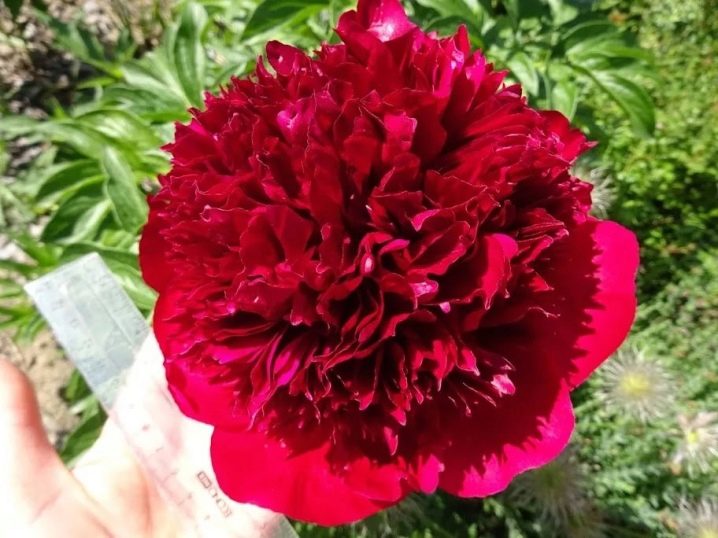
"Red Monarch"
The bush of this plant can grow up to 80 centimeters. In addition, it has rather strong stems, as well as light green leaves. At the very tops are bright red peonies, which are also quite lush due to their terry. These flowers tolerate frost well, so they can be left uncovered.
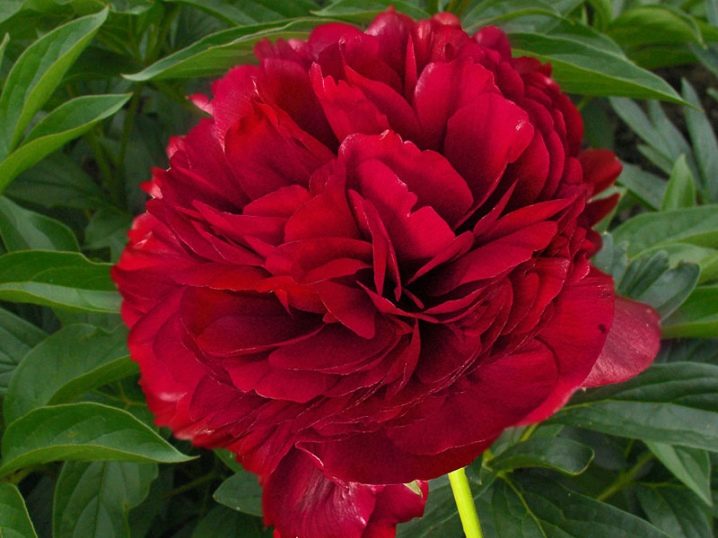
"Red Spider"
This is a fairly early dwarf variety of peonies. It is distinguished by crimson double flowers, around which there are a large number of green needle-like leaves.
Most often it is used for planting in flower gardens or rock gardens.
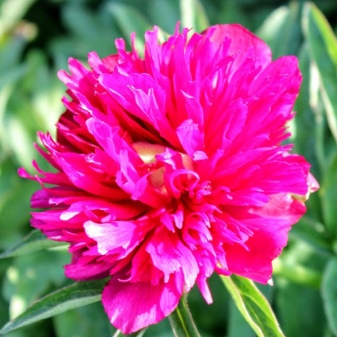
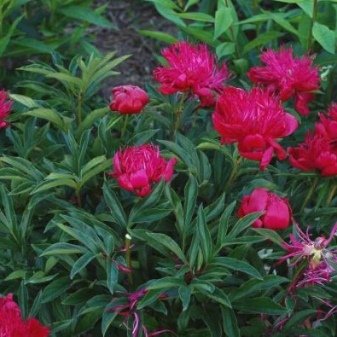
"Red Glory"
This is a very beautiful semi-double flower with a bright red color, as well as a sparkling yellow center. Flowering begins quite early and lasts up to three weeks.
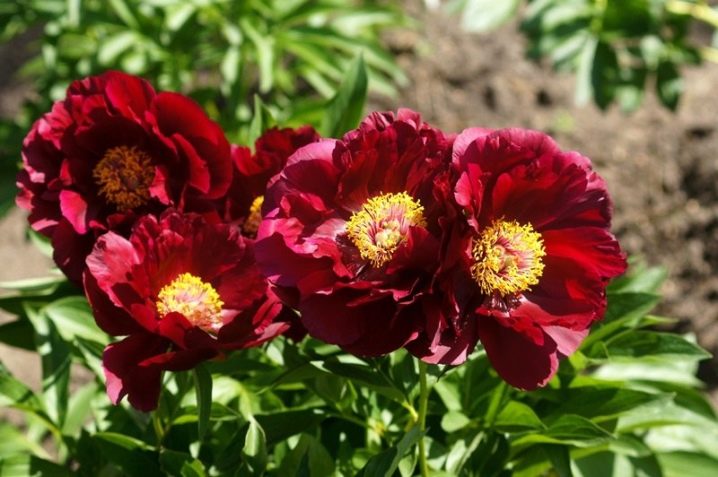
"Red giant"
This tree-like peony can grow up to 2 meters in height. In addition, it has a positive difference from herbaceous peonies - its shoots do not die off in winter, and in spring they grow. His flowers are up to 18 centimeters in circumference and are distinguished by a bright red color. They can be either double or simple.
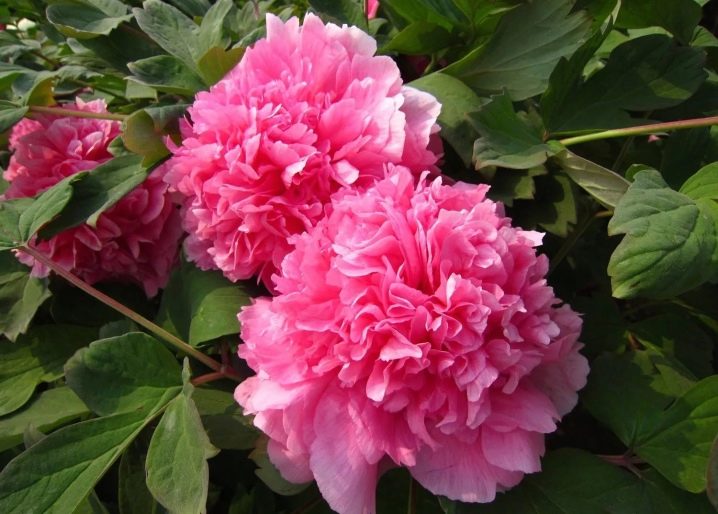
"Red Supreme"
The height of the bush of this peony can reach up to 1 meter. Its stems are quite strong with green carved leaves. Flowers are red-pink in color with a lilac tint. They can be up to 14 centimeters in diameter. Flowering begins in June and lasts for almost a month.
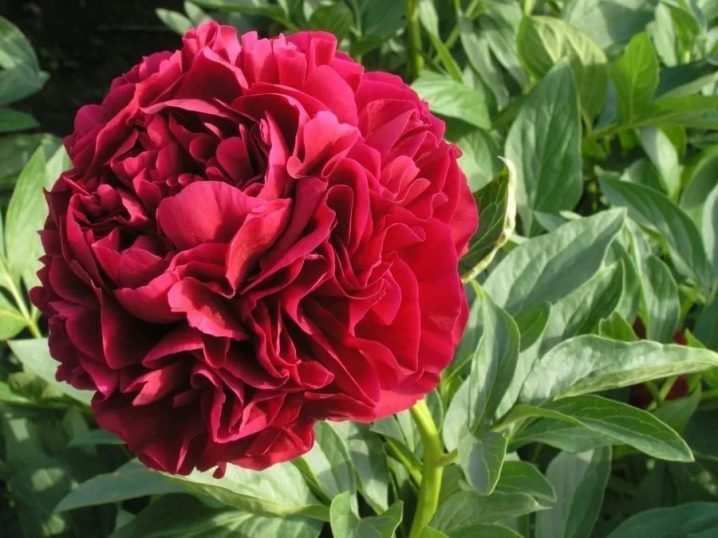
"Double Red"
The bush grows up to 1 meter. During the flowering period, which begins in early May, rather large bright red flowers bloom on it.
When the bush is fully blooming, it looks really impressive.
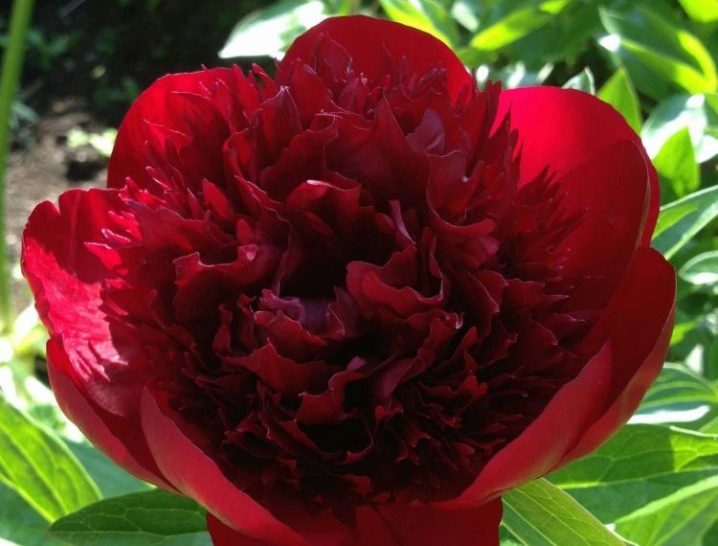
"Red dandy"
This is a rather graceful and compact bush. It features beautiful cherry peonies with golden borders on the tips of the petals. In their shape, they are more reminiscent of large gilded pompons. Flowering begins fairly early and lasts up to three weeks.
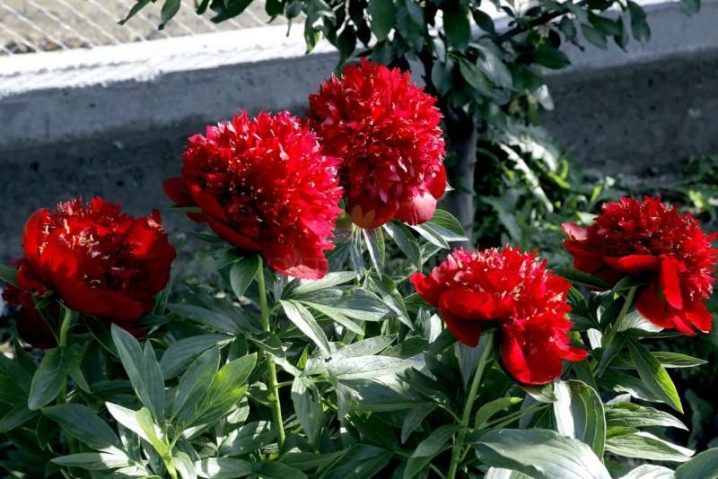
In addition to these varieties, there are many more interesting peonies, for example, Baroness Schroeder, Red Ensign, Red Satin, Lady in Red.
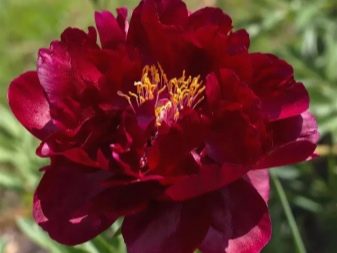
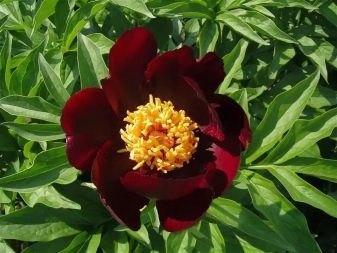
Landing
First you need to find the right place to land. It must be well lit and also fairly open. However, it is necessary to watch that there are no drafts. A pit for peonies needs to be prepared in advance about one or two weeks. It must be dug up to a depth of 65 centimeters, and then a layer of drainage from crushed brick or fine gravel should be laid out at the very bottom. The layer should be up to 12 centimeters.
Then, on top, you need to fill in the substrate, which consists of deciduous humus, peat or ash, as well as sand. Its thickness should be up to 20 centimeters. Next, you can add regular soil up to half of the hole. When the ground settles well, you can start planting. To do this, the peony bush must be placed in a hole and its roots spread over its entire surface. Then you need to sprinkle everything with earth so so that the root collar is no deeper than 3 centimeters from the surface.
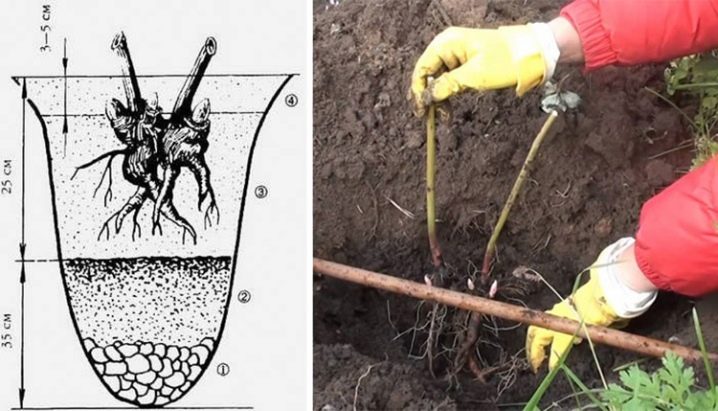
Care rules
As soon as the plant is planted in open ground, it must be thoroughly watered. In addition, in the future, do not forget about the frequent loosening of the soil, as well as the removal of weeds around it. In addition, during a drought, watering should be abundant and frequent so that the plant does not burn out. It is imperative to apply fertilization three times per season. The first time in early spring, the second - before flowering, and the third - already at the end of summer.
Both phosphorus and potassium must be included in the top dressing.
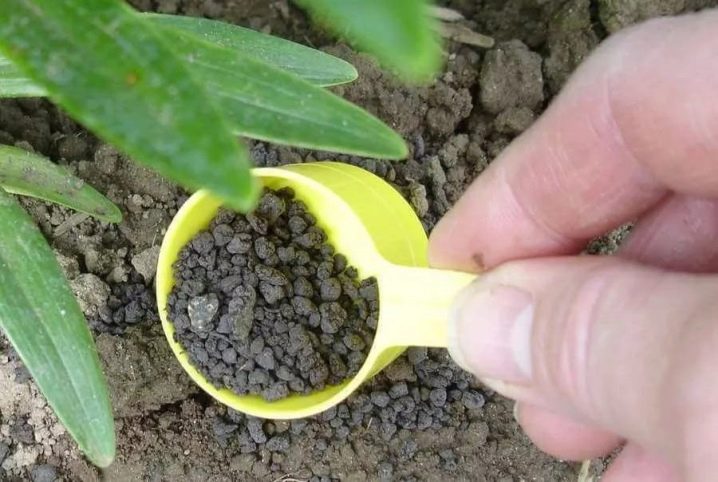
In addition, you need to remember that at the very base of the bush there are buds that renew the bush, so you need to cut it very carefully.
Reproduction methods
Peonies reproduce only by dividing the root system. For this the plant must be dug out of the ground very carefully, as it has rather large and fragile roots... This is best done with a pitchfork, not a shovel. First you need to dig in the plant and only after that you can get it out. Then you need to clean them of dirt and place them in the shade for several hours so that the root system becomes more pliable. Besides, the green part of the peonies should be cut off no higher than 10 centimeters from the roots... Then you can start dividing it.
You will need a very sharp garden knife. With its help, it is necessary to cut the top of the bush, and then carefully divide the roots into several equal parts. It is necessary that each of them have several additional roots.After that, you can plant them on the prepared place.
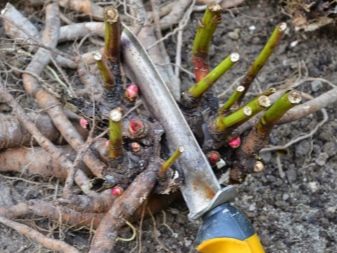
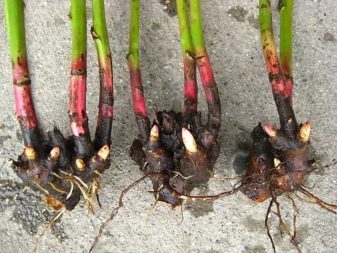
Diseases and pests
First you need to consider what diseases are in peonies.
- Rot is gray. It is considered the most dangerous disease that affects peonies. This fungus immediately stops their growth. The plant begins to wilt and spots appear. To overcome this disease, you will need treatment with special drugs, for example, copper sulfate.
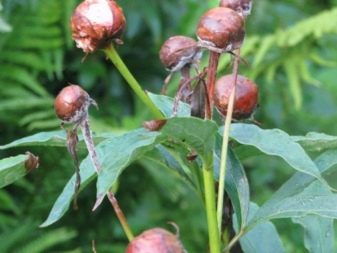

- Mosaic. On the leaves of peonies, spots of different shades immediately appear, most often yellow or greenish. After some time, the plant dies.
There are no drugs to combat it, so the plant must be completely dug up and then destroyed.
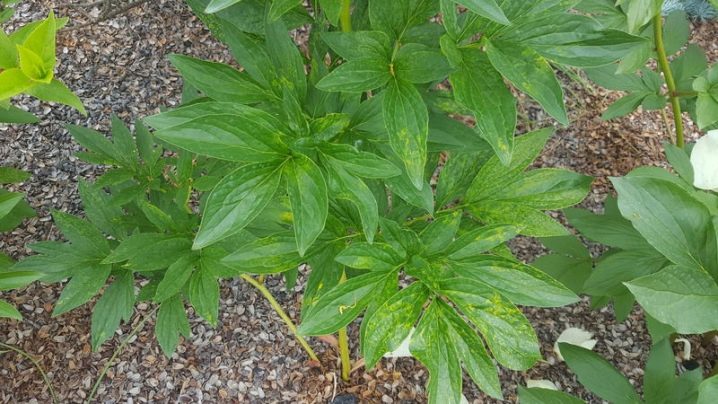
- Powdery mildew. Most often, this disease affects the plant at a time when the hot and humid summer sets in. The fungus affects not only the leaves, but the entire bush. To combat it, you can use chemicals purchased in specialized stores. An alternative can be a simple folk remedy - a solution of soda.
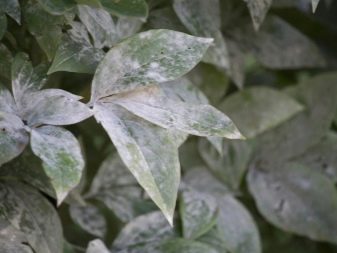
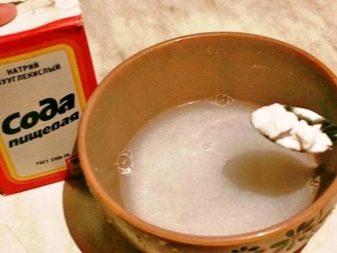
- Rust. This disease is characterized by the appearance on the leaves of spots of different colors, from brown to brown. In addition, it spreads rather quickly both by wind and water. You can fight it with various fungicides.
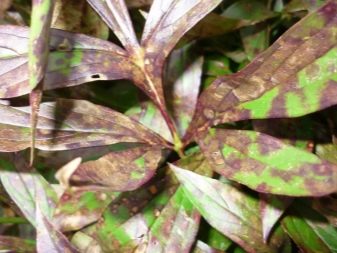

- Root rot. The disease begins with the stems. They turn black, and if you dig them up, you can see that the root system has become soft and changed color. It appears when the soil is too wet. In this case, you need to dig out the bush, clean it thoroughly, and then treat it with a manganese solution. After that, it is imperative to transplant it to another place.
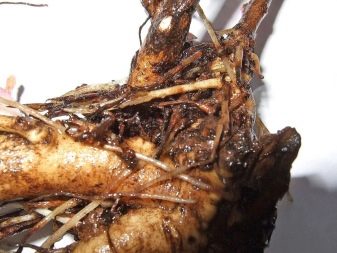

In addition, there are also some pests that are ready to attack beautiful peonies. However, there are not so many of them and they will not do too much harm.
- Aphid... It quickly weakens the plant, and is also a carrier of various viruses. To combat it, you can use folk remedies, for example, a solution based on laundry soap or sprinkling ash on the bush.
- Bronze beetles. Most often, they eat the leaves or petals of peonies. In order not to use chemicals, you can simply collect them by hand. This is best done in the early morning.
- Sod ants. These insects feed not only on the sweet secretions of peonies, but also on flower petals. To combat them, you can use "Chlorophos" or "Karbofos".

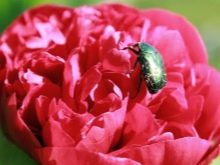

Examples in landscape design
Peonies can decorate any site. They go well with any other plants and most flowers.
- Around the path... Planting peonies around sidewalk paths or regular paths would be an interesting solution. You can limit yourself to one row, or you can create a real hedge from such flowers. You will get a really fabulous picture.
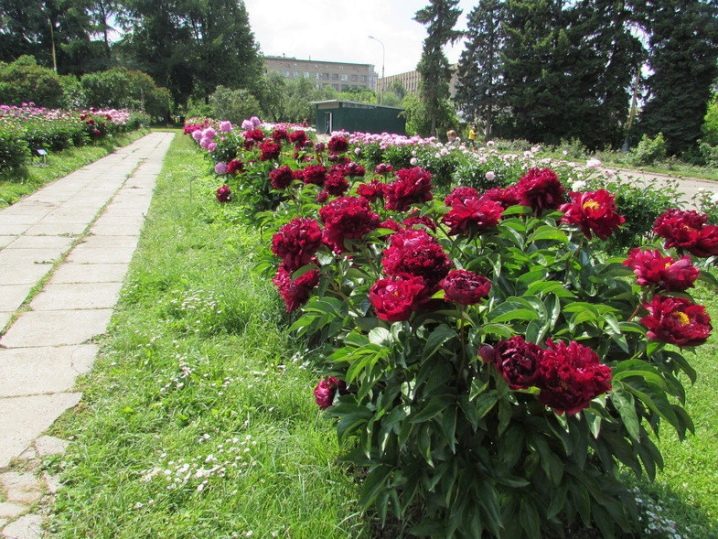
- On the flower garden... Peonies will look very beautiful among other plants. Here you need to be very careful and make sure that the flowers are more or less combined with each other in color. Thus, you can create a rather interesting composition right on your site. In addition, it is important that the "neighbors" do not interfere with the normal development of the peonies.
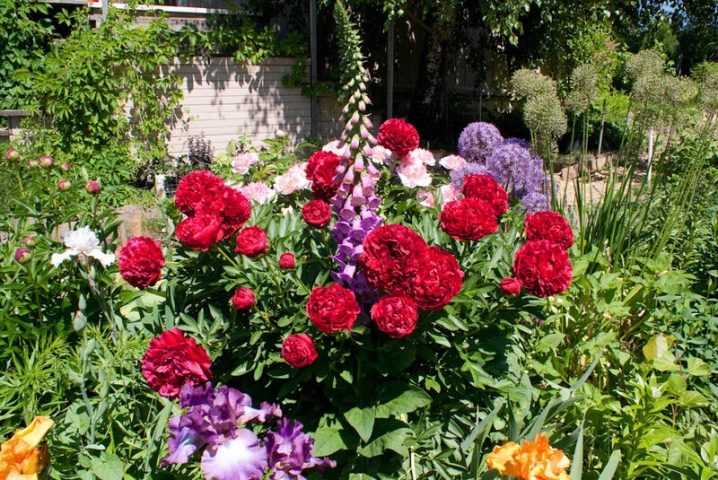
It is worth noting that flowers such as peonies are perfect for any home garden.
This is especially true for red flowers. All their shades are loved by both women and novice gardeners.
For the variety of red peonies Red Grease, see below.





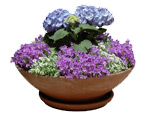
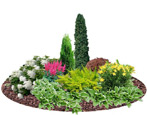









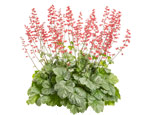







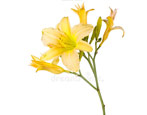

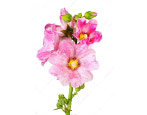



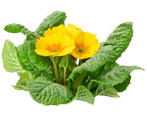
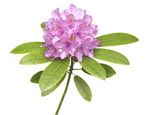



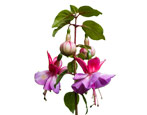



































































The comment was sent successfully.